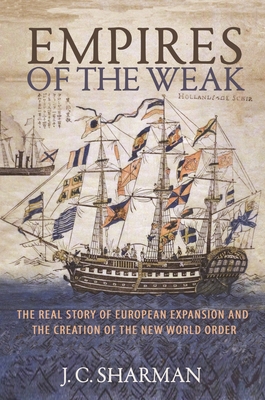Expedite your nonfiction book discovery process with Readara interviews, summaries and recommendations, Broaden your knowledge and gain insights from leading experts and scholars
In-depth, hour-long interviews with notable nonfiction authors, Gain new perspectives and ideas from the writer’s expertise and research, Valuable resource for readers and researchers
Optimize your book discovery process, Four-to eight-page summaries prepared by subject matter experts, Quickly review the book’s central messages and range of content
Books are handpicked covering a wide range of important categories and topics, Selected authors are subject experts, field professionals, or distinguished academics
Our editorial team includes books offering insights, unique views and researched-narratives in categories, Trade shows and book fairs, Book signings and in person author talks,Webinars and online events
Connect with editors and designers,Discover PR & marketing services providers, Source printers and related service providers

Empires of the Weak: The Real Story of European Expansion and the Creation of the New World Order
History > World - General
- Princeton University Press
- Paperback
- 9780691210070
- 9.1 X 6.1 X 0.7 inches
- 0.7 pounds
- History > World - General
- (Single Author) Asian American
- English
Readara.com
Book Description
How the rise of the West was a temporary exception to the predominant world order
What accounts for the rise of the state, the creation of the first global system, and the dominance of the West? The conventional answer asserts that superior technology, tactics, and institutions forged by Darwinian military competition gave Europeans a decisive advantage in war over other civilizations from 1500 onward. In contrast, Empires of the Weak argues that Europeans actually had no general military superiority in the early modern era. J. C. Sharman shows instead that European expansion from the fifteenth to eighteenth centuries is better explained by deference to strong Asian and African polities, disease in the Americas, and maritime supremacy earned by default because local land-oriented polities were largely indifferent to war and trade at sea. Empires of the Weak demonstrates that the rise of the West was an exception in the prevailing world order.
Author Bio
Jason Sharman is the Sir Patrick Sheehy Professor of International Relations in the Department of Politics and International Studies at Cambridge. He received his Ph.D. in political science from the University of Illinois at Urbana-Champaign in 1999, and his undergraduate degree in history and politics from the University of Western Australia.
Previously, Sharman worked at American University in Bulgaria, the University of Sydney and Griffith University, and he has spent shorter periods as a visitor at St Petersburg State University, Columbia University and the London School of Economics.
Research Interests
Sharman’s research interests range from the study of international corruption, money laundering and tax havens, to the global politics of the early modern world.
Source: University of Cambridge
Videos




Community reviews
No Community reviews

